Activism
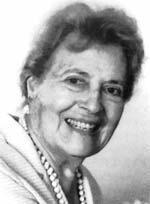
Virginia Snitow
Virginia Levitt Snitow was a multifaceted woman who was a teacher, political activist, pre-Second Wave feminist, poet, writer and founder of US/Israel Women to Women. Ahead of her time in the fight for both civil and women’s rights, Snitow was unafraid to take unpopular stances when fighting for others.
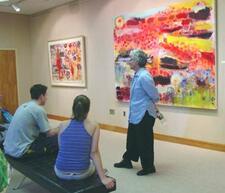
Joan Snyder
Joan Snyder is an accomplished painter whose works are strongly associated with the 1970s feminist movement and deal with topics such as nature and fertility, AIDS, the exploitation of women and children, and her own Jewish heritage and the Holocaust. Her paintings have received awards and are included in the permanent collections of many museums.
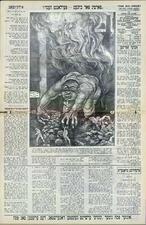
Socialism in the United States
Sociodemography
Over the last several decades, Jewish women attained significant achievement in the socio-economic sphere and played a leading role in maintaining Jewish continuity. In general, Jewish women are educated and participate in the labor force at higher rates than their non-Jewish counterparts.
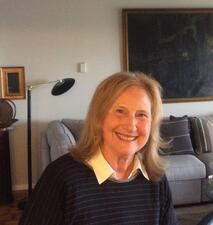
Sociology in the United States
Jews have made a disproportionate contribution to the field of sociology, despite discrimination and exclusion. Because sociologists are not identified by religion, it is difficult to know which American women sociologists are Jewish. Therefore, the first challenge in understanding the contribution and experience of American Jewish women sociologists is to identify them.
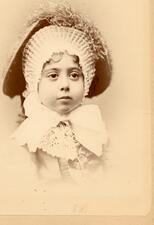
Judith Solis-Cohen
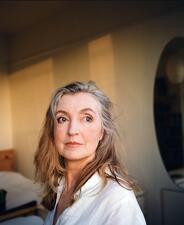
Rebecca Solnit
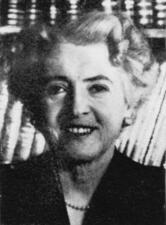
Bertha Solomon
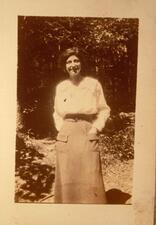
Maida Herman Solomon
Professor of social economy Maida Solomon was recognized as a pioneer in the field, contributing to the “invention” of the field of psychiatric social work and overseeing its definition, its development of standards, and its integration with the other institutions of modern American medicine and education—in short, its professionalism.
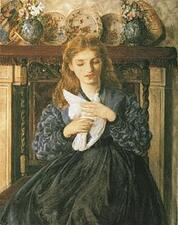
Rebecca Solomon
Rebecca Solomon’s success as a professional artist was remarkable in the mid-nineteenth century, a time when women artists were the exception rather than the rule. While her artistic style conformed to the most popular art of the time, she used her visual images to critique ethnic, gender, and class prejudice in Victorian England.
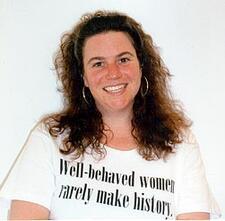
Rivka Solomon
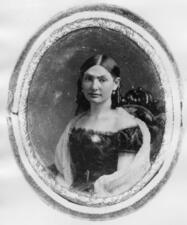
Hannah Marks Solomons
Hannah Marks Solomons was an influential San Francisco educator and civic worker, as well as the wife of a leading member of the Jewish community.
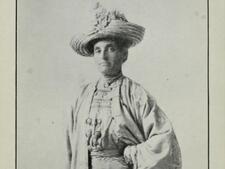
Selina Solomons
Selina Solomons was a turn-of-the-twentieth-century activist and writer, best known for her leadership role in the 1911 suffrage campaign that granted California women the right to vote. Solomons belonged to a prominent Jewish American family and spent her life in the San Francisco Bay Area. She employed multiple genres in advocacy of women’s rights, including speeches, poetry, drama, short fiction, and a manual-cum-suffrage history titled How We Won the Vote in California.

Joey Soloway
Activist, director, and creator of groundbreaking and critically acclaimed series such as Transparent, I Love Dick, and others (and writer for series such as Six Feet Under and United States of Tara), Joey Soloway (previously known as Jill) is also a social activist, considered one of the strongest advocates for women, queer, and nonbinary identities in Hollywood. Soloway identifies as nonbinary, and Judaism, feminism, and modern Jewish culture are resonant themes in their work.
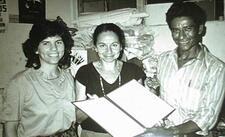
Judy Somberg
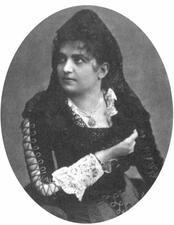
Rosa Sonneschein
Rosa Sonneschein created and edited the American Jewess, the first English-language magazine for Jewish women in the United States, where she advocated for the expansion of women’s roles in the synagogue and the Jewish community and expressed her strong support for Zionism.

Susan Sontag
Susan Sontag was one of the most prominent American writers of the twentieth century. Her work across cultural criticism, fiction, drama, and film, as well as her public persona, made her an icon of the New York intelligentsia whose writing on photography, illness, and art continually inspire engagement and debate.
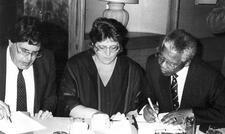
South Africa
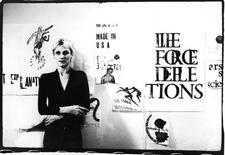
Nancy Spero
Nancy Spero was a figurative artist concerned with difference and the representation of the body. Rejecting postwar trends towards Pop art and abstract impressionism, Spero co-founded the AIR (Artists in Residence) Gallery in 1972, the first cooperative gallery of women artists. Spero also created a mosaic for the Lincoln Center subway station called “Artemis, Acrobats, Divas, and Dancers.”
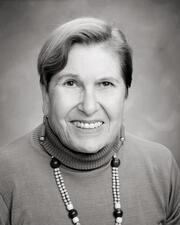
Marcia Cohn Spiegel
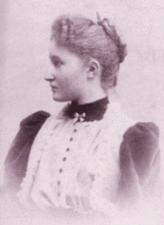
Flora Langerman Spiegelberg
Flora Langerman Spiegelberg made substantial innovative contributions to civic welfare and Jewish life. She was a nineteenth-century settler of New Mexico and a twentieth-century progressive reformer in New York City who fought for public sanitation regulations and better working conditions for garbage collectors.
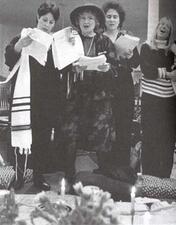
Spirituality in the United States
Jewish women’s spirituality developed historically within the confines of a patriarchal tradition. Over time, feminists have developed rituals and created spaces that honor the unique experiences of women.
Toba Spitzer
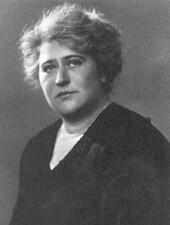
Constance Amberg Sporborg
Constance Amberg Sporborg was a career clubwoman who dedicated her life to the advancement of women’s rights, immigrant settlement, international organizations, and world peace. Working in New York City in the early twentieth century, Sporborg aided both Jews and gentiles.
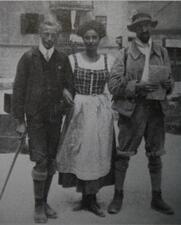
Sports in Austria 1918-1938
This article gives an overview of the participation of Jewish women in Austrian sport from the Habsburg monarchy to the present day. Drawing on selected biographies of sportswomen and functionaries, and with a regional focus on the capital city of Vienna, it explores the double relationship between female emancipation and Jewish self-assertion in an environment that had long been male-dominated and anti-Semitic.


